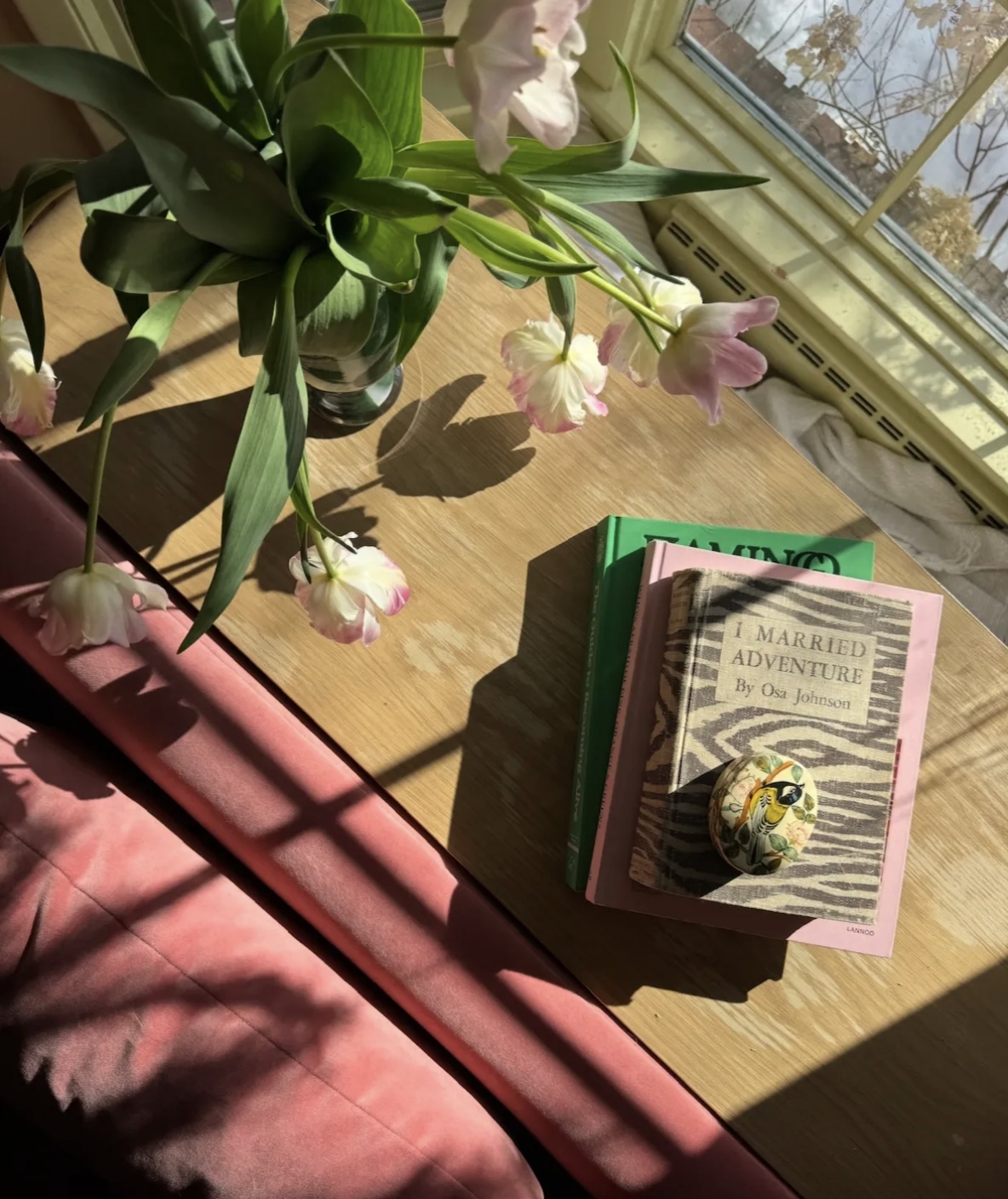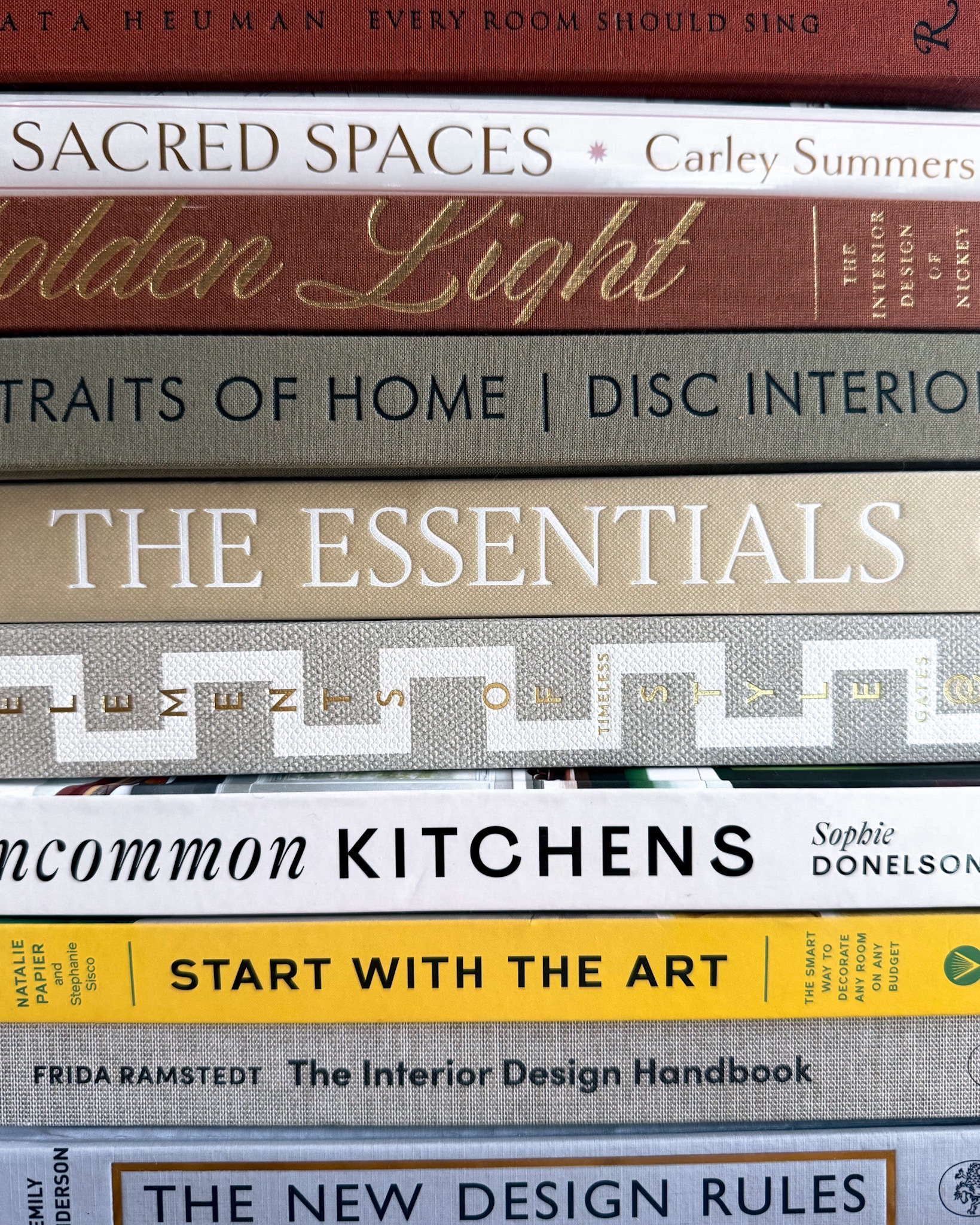

“Coming to terms with the reality of a situation doesn’t just mean you understand or accept it. To come to terms with something, you must quite literally be able to put it into words.” And with that declaration, the scattered college professor was cemented in my memory as a Real Teacher. Two sentences cleared up one cliché phrase to show me why we write.
Some claims aren’t hard to sell: too much TV will rot our brains, cigarettes will rot our lungs, and leaving the fridge door open will cool the whole neighborhood. Mom said it all, I never asked for evidence. In this way, I didn’t argue when I was told that writing, journaling, or other written expression could be beneficial.
The research is there: scholars such as Dr. James Pennebaker say that emotional expression and disclosure can improve physical and emotional health, professional functioning, and success in relationships. These assertions held true for me. Recording my observations on my own thoughts and feelings would generally bring about self-knowledge and insight. Blank pages provided safety and space to express vulnerable topics or thoughts. Without an audience, I took the time to process complex issues. When I flipped back to past entries, I could see progress. The physical action of writing allowed me to process more deeply than when I just thought about the same topics.
But I was tired and overwhelmed. Or lazy. Or busy. Even a long list of benefits in the “pro” column didn’t move me to carve out writing time regularly. Taking time to pin down moving thoughts took concentration and energy. I could easily settle into the hazy cloud of unknowing when I forgot about how much I benefitted from those moments of awareness.
And so, for any who also suffer from a tendency to avoid the things that actually help, I offer you three brief examples of how you can move past the excuses and write for therapeutic benefit. The click-bait title of this article would be “Three Great Ways to Improve Immune Functioning, Process Psychological Distress and Construct a Coherent Narrative of Your Life!” True, but wordy.
Brene Brown and the SFD
In her powerful work Rising Strong, researcher and storyteller Brene Brown, Ph.D. asserts that we are “wired for story,” and naturally inclined to create an interpretation of our situation. When we are in pain or shame, the story we tell ourselves is often messy, fear-driven, and inaccurate. Brown calls this our “shitty first draft” (or SFD), first described in Anne Lamott’s Bird by Bird. Lamott says, “The first draft is the child’s draft, where you let it all pour out and then let it romp all over the place, knowing that no one is going to see it and you can shape it later.” Writing the SFD in raw, unedited fashion gives us a chance to spill our honest truths on to paper and later “rumble” with the facts.
Julia Cameron and Morning Pages
Whether or not you call yourself a creative, Julia Cameron has made several serious invitations for you to enter in to the creative process. Respond to the invitation this way: Go to the library or your favorite bookstore. Request The Artist’s Way or The Right to Write: An Invitation and Initiation into the Writing Life. Sit with the book and choose a page, roulette-style. Read.
We should write because writing brings clarity and passion to the act of living. Writing is sensual, experiential, grounding. We should write because writing is good for the soul. We should write because writing yields us a body of work, a felt path through the world we live in.
– Julia Cameron, The Writer’s Life: Insights from The Right to Write
Cameron proposes a daily practice of writing down the first three pages of stream-of-conscious thoughts that come to us, without evaluating or critiquing the words. Morning Pages is a method of creative unblocking and practicing discipline in writing without waiting for a greeting card company to sell a “similar” message, or for the “writing mood” to strike, or for “perfect” words.
James Pennebaker and Guided Writing
Writing to Heal: A Guided Journal for Recovering from Trauma & Emotional Upheaval is born from Pennebaker’s pioneer research in writing to discover meaning and aid in recovery. This brief journal exercise provides structure, safe guidelines, and specific questions in twenty minutes of writing for four days.
With any method, it’s important to note: Emotional expression is a powerful tool, and privacy often encourages greater honesty. However, venting can turn into rotten forms of rumination, exacerbate negative symptoms or overwhelm your capacity to process a situation. Allowing a trusted professional to accompany you in the writing process may be necessary, especially if you are feeling stuck.
And so, I’m committing to stovetop coffee and a simple journal with a regular pen for ten minutes a morning. If the morning is gone, I will be patient with myself and set the timer for ten minutes in the evening. If my brain is gone by then, the next day I will take ten minutes to write over lunchtime. And you? Tell me what you have found in the words you write.
BY Tala Ciatti - September 25, 2017
Most-read posts:
Did you know W&D now has a resource library of Printable Art, Templates, Freebies, and more?
take me there
Get Our Best W&D Resources
for designing a life well-lived




Thank you for being here. For being open to enjoying life’s simple pleasures and looking inward to understand yourself, your neighbors, and your fellow humans! I’m looking forward to chatting with you.
Hi, I'm Kate. Welcome to my happy place.

















I’ve been journalling daily since 2012 – never missed a day. It’s been so fulfilling for me!
–
Charmaine Ng | Architecture & Lifestyle Blog
http://charmainenyw.com
Writing has been incredibly therapeutic for me- both for remembering happy memories and processing those less than happy moments. Great post, thanks for sharing!
Thanks for this important reminder! I used to journal every day but got away from the habit as I – like you said – got tired, overwhelmed, lazy, or busy. But writing things down really does help me process my thoughts, get to the root of the story I’m telling myself (loved Rising Strong!), and find the truth. I definitely need to get back in to this habit.
Love this message! I started blogging as a way to get my thoughts down and to hold me accountable to consistency. It hasn’t always worked, but it’s my first step.
Thank you for this recommended reading to help propel me further!
xx Katie
katiekubitz.com
This is why I love blogging! It gives me a creative outlet to channel my thoughts and memories.
Tala, great article. I think you should take a look at Writelight, this is an app with hundreds of writing prompts and quotes, it helps you to spark creativity when you are about to start writing.
I absolutely love this article!!! I love this blog as well. Thanks for providing such rich insight! <3 I just started my own self-help/recovery/mental health related blog and although I'm not sure where I'm going with it, I do know it is incredibly healing to write!
Thank you for the article. Writing is really therapeutic and helps put everything on paper. But when it is part of your college years, sometimes it is too much. Therefore, I use essayreviewexpert.com – using resources like paperrater to do all the tasks is much easier. In addition, it takes several times more time.
I agree with you one hundred percent that writing helps to cope with many life difficulties. Whenever I sit down to write something, it becomes much easier for me and I forget about everyday problems. I hope that you will continue to make this type of content.
Regards,
Amanda from https://coolessay.net/
This is an amazing type of post.
Safe